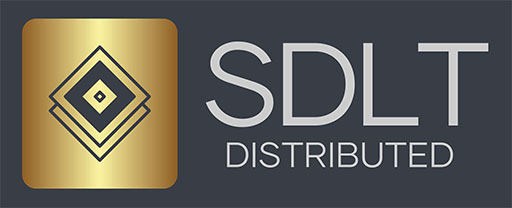
Blockchain Could Revolutionize ETFs, Reshaping Global Investing
Coin WorldFriday, Sep 12, 2025 1:39 am ET
![]() 1min read
1min read
– BlackRock explores tokenizing ETFs to boost market access and trading efficiency via blockchain technology.
– Tokenization aims to enable near-instant settlements, reducing counterparty risk and replacing T+2 cycles.
– Collaborative trials with tech/financial partners test custody, liquidity, and cross-border trading potential in emerging markets.
– Analysts highlight democratized access for retail investors through fractional ownership and lower costs, enhancing financial inclusion.
– Initiative aligns with industry digital trends, emphasizing regulatory collaboration to shape future standards in asset management.
Inc., the world’s largest asset manager, is exploring the potential of tokenizing exchange-traded funds (ETFs) to enhance market access and improve trading efficiency. The initiative, currently in the research and development phase, aims to leverage blockchain technology to streamline the settlement process and reduce counterparty risk. Tokenization could enable near-instant settlement of transactions, a significant departure from the current T+2 settlement cycle that dominates global markets.
The firm’s exploration of tokenized ETFs aligns with broader trends in financial innovation, particularly in the use of distributed ledger technology (DLT) to modernize traditional financial infrastructure. BlackRock has reportedly partnered with several technology and
to test proof-of-concept models, focusing on aspects such as asset custody, liquidity provision, and investor access. These trials aim to assess how tokenization could reshape the ETF landscape, particularly in emerging markets where liquidity and accessibility remain major challenges.
Analysts suggest that tokenizing ETFs could democratize access to investment products, particularly for retail investors in regions with less developed financial infrastructures. By enabling fractional ownership and reducing transaction costs, tokenized ETFs could attract a broader demographic of investors and foster financial inclusion. BlackRock has emphasized its commitment to innovation while maintaining compliance with global regulatory frameworks, underscoring the need for collaboration with regulators to ensure the integrity of the financial system.
The proposed tokenization model also has the potential to reduce operational costs and enhance transparency in the ETF ecosystem. By enabling real-time tracking of assets and ownership, blockchain technology could help mitigate fraud and improve auditability. In addition, tokenized ETFs may facilitate cross-border trading by simplifying the transfer of assets across jurisdictions, potentially reducing the need for intermediaries and minimizing friction in international transactions.
While the initiative is still in its early stages, BlackRock’s interest in tokenization reflects a broader shift in the asset management industry toward digital assets and decentralized finance (DeFi). Several other major players in the financial sector have also begun exploring the potential of blockchain technology, signaling a growing acceptance of digital transformation in asset management and trading. BlackRock’s research into tokenized ETFs is expected to generate insights that could influence future industry standards and regulatory approaches.
title1 [https://www.blackrock.com/tokenization]
title2 [https://www.reuters.com/blackrock-tests-tokenized-etfs]
title3 [https://www.etf.com/tokenization-benefits]
title4 [https://www.
.com/tokenized-etf-impact]
title5 [https://www.bloomberg.com/blackrock-regulatory-strategy]
title6 [https://www.wsj.com/tokenization-eficiencies]
title7 [https://www.financejournal.com/industry-digital-trends]

